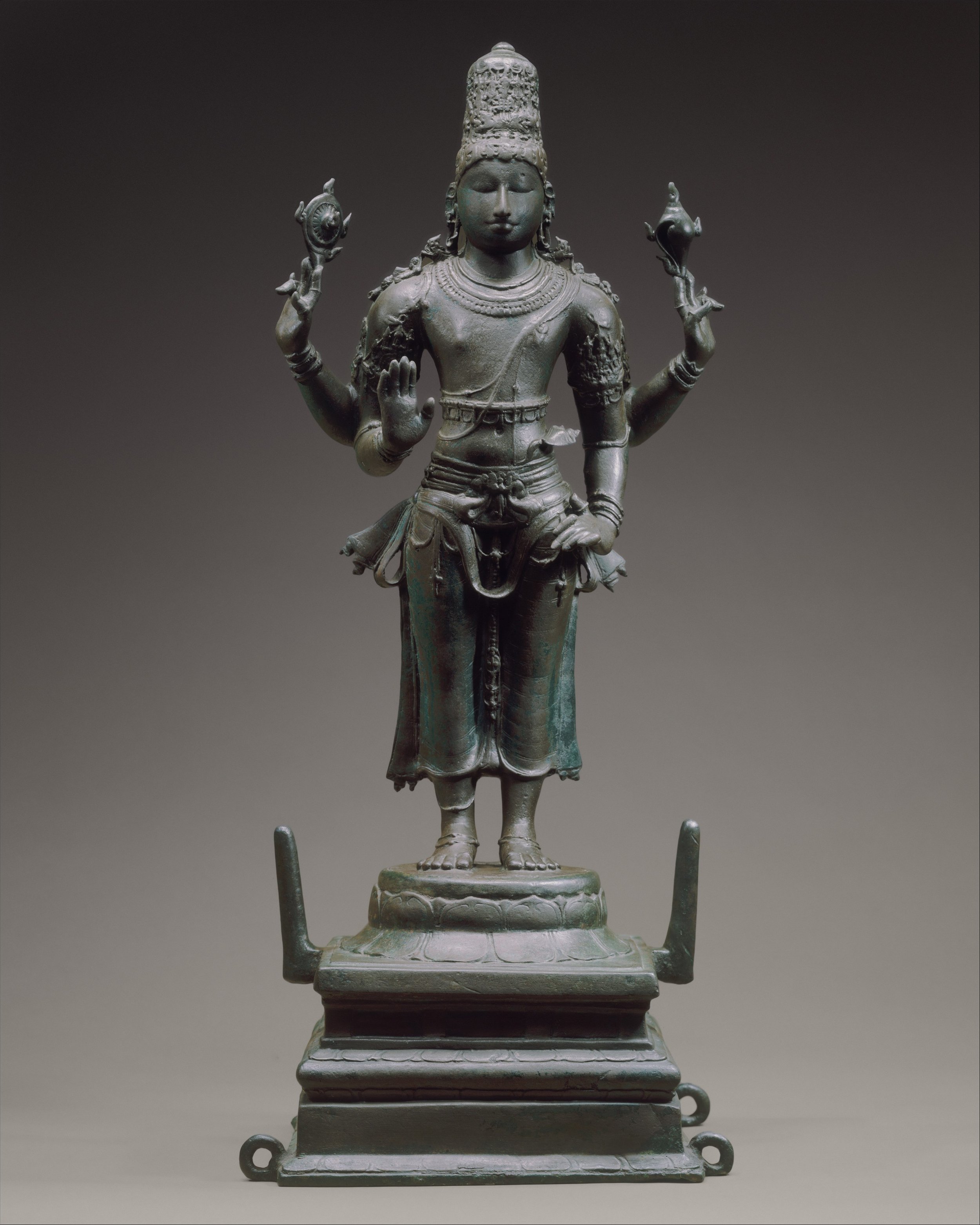
Sanskrit and Indian Philosophy
Click the plus sign for a summary, and read more to view the full text on academia.edu
-
Few European nations developed such a broad spectrum of research on India or sought so strongly to defend the notion of a privileged access to ancient India as Germany. Yet this German interest was peculiarly restricted to ancient India, and German scholars often contrasted its intellectual and social achievements with what they saw as the degeneracy of contemporary Hinduism. This contri- bution discusses the origins and growth of the German fascination with India. It surveys the main fields of Indological engagement and scholarship and ex- plores reasons why, even today, in Indology we can hardly speak of Germany and Hinduism—except negatively—in a volume dedicated to Hinduism in Europe. Read more
-
Anyone familiar with the basics of textual criticism knows that agreement in correct readings (that is, those considered most likely the reading of the source) does not establish filiation and agreement in the absence of readings even less so. Yet several Mahābhārata scholars, Indologists and critical philologists found Grünendahl's arguments not only compelling but also worth endorsing. This section reviews some of their comments before drawing some conclusions about how the argument from expertise has replaced legitimate research and discovery in Mahābhārata studies with the mere appearance of critical scholarship. Read more
-
Appearing in the Pauṣyaparvan, the first narrative book of the Mahābhārata, the story of Uttaṅka is baroque even by the Mahābhārata's standards. In this article, I demonstrate that Uttaṅka is not just a character within the text, but operates at three distinct levels in the text: as a character in it, as its interpreter, and as someone who transcends the text altogether. Uttaṅka reappears toward the epic's end in the Āśvamedhikaparvan as a character within the narrative, but what are we to make of his strange story in the Pauṣyaparvan? Read more
-
In Argument and Design: The Mahābhārata as Literature. A Guide to the Upākhyānas (Subtales) of the Mahābhārata, edited by Vishwa Adluri and Joydeep Bagchee, 1–9. Leiden: E. J. Brill, 2016. Read more
-
Nor can it be rigorously scientific and precisely unearth an original meaning. Let us see how Gandhi's sensibility not only defeats the naïve, generic, and simplistic criticisms of German Indologists but also actually tells us what it means to read a text. For Gandhi, reading a text never occurs in a vacuum and is never divorced from politics, and the correctness of reading is possible from the intellectual, existential, and most important-ethical struggles of the reader. Read more